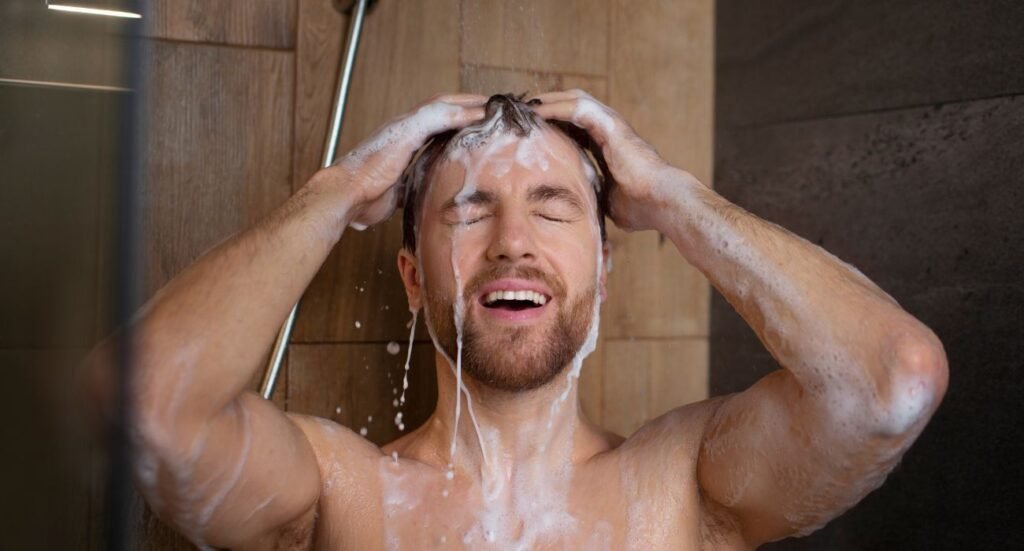Understanding the Efficacy of Over-the-Counter Shampoos for Hair Issues
When confronted with hair loss or dandruff flakes on your clothing, reaching for an over-the-counter (OTC) shampoo can feel like the quickest solution. However, are these popular branded shampoos effective for serious scalp issues? This article delves into the insights from dermatological experts to provide clarity.
The Severity of Hair Concerns
Expert Insights:
Dr. Shareefa Chause, a dermatologist at Dr. Shareefa Skin Care Clinic, emphasizes a crucial point: the severity of your hair issue determines the best treatment.
- Mild Issues: OTC products may provide temporary relief for mild dandruff or seasonal hair loss.
- Serious Conditions: For chronic or severe problems, professional consultation is essential. Relying solely on OTC options can lead to short-lived results, as they often lack the potency needed for serious conditions.
The Ingredients Matter
Comparing Ingredients:
A significant distinction between OTC shampoos and prescription options lies in their ingredients:
- Medicated Shampoos: Typically contain powerful, targeted ingredients like ketoconazole for dandruff or biotin for hair strengthening.
- Over-the-Counter Products: These often have an overload of ingredients which can be counterproductive.
“OTC products may contain too many extra ingredients that your scalp doesn’t need," states Dr. Pravin Banodkar, Co-Founder and Lead Dermatologist at SkinBB. "As specialists, we prescribe solutions suited to specific conditions.”
Possible Downsides:
Additionally, many OTC shampoos are laden with fragrances and other add-ons that may irritate sensitive scalps, making a thorough examination by a dermatologist vital.
Tailoring Solutions to Your Unique Needs
Customized Recommendations:
OTC shampoos are often chosen based on their popularity rather than individual needs. Dr. Chause notes that:
- Personalized Care: A dermatologist’s diagnosis ensures that the chosen product is tailored for your unique hair and scalp type, minimizing the risk of allergies or exacerbations of the issue.
Why One Size Doesn’t Fit All:
- Scalp Types: Everyone’s scalp health is different; what works for one person may not work for another. That’s another reason to consult a professional for tailored advice on treatment.
The Takeaway: When to Choose OTC vs. Prescription Shampoos
OTC shampoos from mainstream beauty brands often prioritize cosmetic appeal, offering an enjoyable sensory experience and basic scalp health. While they may address mild conditions, they are not a substitute for professional treatment when serious issues arise.
Summary Points:
- OTC Shampoos Work for: Mild dandruff, dryness, and occasional hair fall.
- Prescription Shampoos Are Necessary For: Chronic dandruff, severe hair loss, and other significant scalp conditions.
For more information on treating hair loss and scalp conditions effectively, consult reputable sources like the American Academy of Dermatology or speak directly with a dermatologist.
Understanding your specific needs and underlining conditions is essential for effective hair care. Don’t hesitate to seek expert advice; the health of your hair deserves tailored solutions.


